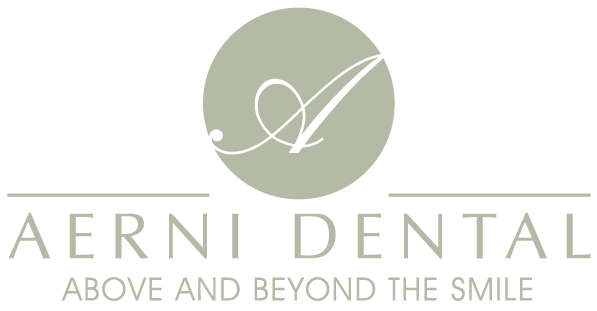Have you ever noticed that one of our first reactions to a possible injury is the immediate effort to shield our face and head?
When somebody throws a punch or if we get into a car accident, our arms and hands fly up to our face so as to try to sustain ourselves from any major harm. A lot of the time, we fail to even consider the action of protecting our face–we just do it immediately.
Maxillofacial trauma is injuries that are in danger of being immediately overlooked, and this lapse can lead to severe issues and inconvenience in the future if they are not treated in a timely manner. This kind of face injury can result in soft tissue damage, orbital and nasal fractures, mandibular fractures, among other issues. Any trauma that is endured to the maxillofacial area calls for specialized care and consideration since many of our essential sensory systems and fundamental structures are located in the head, neck, and face.
Mandibular fractures, also known as jaw fractures, are the second most prevalent skeletal facial injuries following nasal fractures. In fact, it is approximated that mandibular fractures represent as much as 70% of maxillofacial damages. This is due to the way our jaws typically protrude and because the jaw has less support from the cranium than other areas of the face. The mandibular is a movable U-shaped bone that attaches on both sides of the mandible. The range of motion of this bone makes it possible for us to move our jaw and it also bears our teeth. Some of the most frequent reasons for jaw fractures include:
▪ Car Crashes
▪ Falls
▪ Physical Assault
▪ Sporting Activities
Signs of a Bone Fracture
Typically, the mandible will fracture in two places, at the spot of the direct impact along with in the place directly opposite of the initial area. Any harm sustained to the mandible bone should really be checked out by a doctor within 24 hours of the event. The main indicators of mandibular fractures involve swelling, soreness, redness, and loss of function such as talking, respiration and eating. In addition, bruising and tingling of the face and neck might come with these bone fractures. If a patient suspects that they have broken the mandible, it is important to get medical attention quickly. A broken mandible will potentially obstruct the respiratory tract, weakening the ability to breathe.
Trauma to the Teeth
Considering that the jaw bone houses all of our teeth, dental damage is an issue when dealing with these kinds of accidents. Malocclusion is the incapability to appropriately align the teeth following injury. It can manifest in any sort of combination of places involving the mandibular arch, maxillary arch, and the anterior and posterior sections. Different aspects to keep an eye out for would be missing teeth, tooth and root breaks, as well as damaged teeth. Treatment plans include corrective dental care, orthodontics, soft tissue maintenance, temporomandibular joint operations, and other procedures depending upon the sort and seriousness of the problem.
Dental Experts
Once a physician has diagnosed the complication, they will often refer the patient to an oral or maxillofacial surgeon for further procedures. Generally, oral and maxillofacial surgeons provide services for the diagnosis and treatment solution of injuries concerning the face territory. These particular professionals have been educated in both medical and dental areas to ensure that they are capable of addressing a vast array of common dental surgical conditions including:
▪ Salivary Gland Disease
▪ Oral Cancer
▪ Face Damage
▪ Temporomandibular Joint Disorders
Treatment and Therapy
Orthognathic surgery, also called corrective jaw surgery, is performed by the OMS–the oral and maxillofacial surgeon–as soon as they have determined that this operation is suitable for the level of damage that the patient is suffering. Once the mandible has been repositioned or reshaped, the operating surgeon will use assorted techniques to secure the mandible in the new position while it heals. Medical items such as screws, wires, surgical plates, and rubber bands will be set up in the mandible at the time of surgery. Maxillofacial injuries and the resulting oral damage call for more than just one physician to take care of the patient during therapy and recovery. For example, endodontists are able to conduct root canal surgery and corrective dentists can manage damaged and fractured teeth.
For those who require surgery to cure their injuries, the recovery procedure can last around six weeks. A soft food meal plan is vital throughout this time because tougher food items can cause the medical plates to get damaged. Furthermore, a good oral hygiene routine during the course of the first few weeks following the operation will help the surgery site to fight any kind of contamination. As stated by the King’s College Hospital, the patient needs to cleanse their mouth with warm salt water or mouthwash approximately 3 times a day for a week promptly after surgical treatment. A small soft-bristled toothbrush, such as a kid’s, is best to maintain the teeth around the surgery site. The King’s College Hospital also advises that patients do not smoke throughout the healing process considering it may improve the risk of infection.
Maxillofacial injury could be triggered by a mixture of accidents. It is crucial for the patient to seek medical attention immediately if they believe that they might have sustained damage to the face region, or if they experience any of the issues that have been specified above.
Did you know that Dr. Aerni is on Facebook? To check out what Dr. Aerni and his team are up to, follow us on Facebook!


